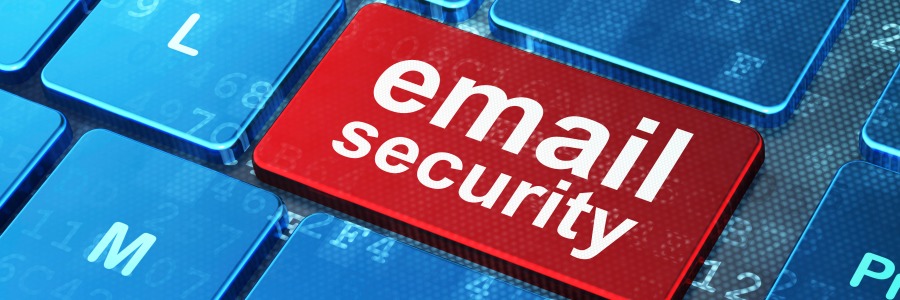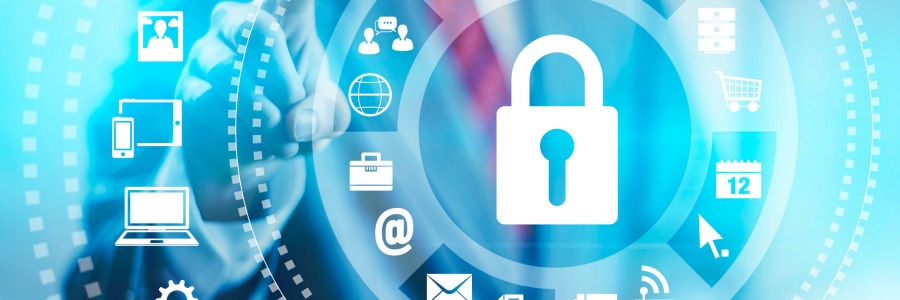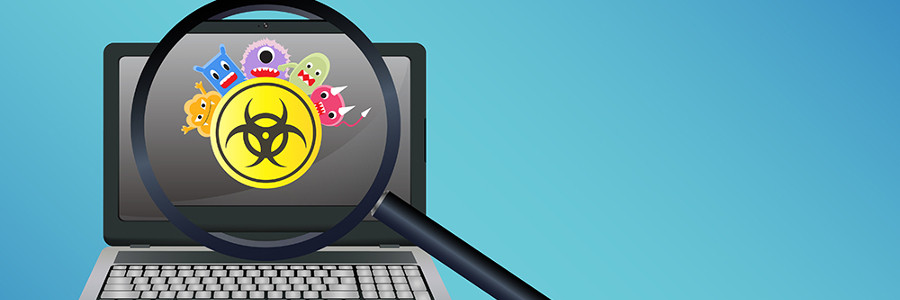Every day, you receive dozens of email messages, including spam, which is usually harmless, unless there’s a malware attached to it. But even the harmless ones can become more than just an annoyance if you have thousands of them flooding your inbox.
Simple ways to protect your email account

Everyone uses email as the central hub for their personal internet activities, but this also makes it an attractive target for cyberattacks. The importance of email security is vital to your company’s survival, so applying these simple tips can dramatically reduce your exposure to hackers and malware.
5 Tips for protecting corporate data

A data breach can happen to anyone, even to the most secure businesses or financial institutions — and cybercriminals could even attack your company’s network. How can you be sure your network is completely hacker-safe? As a business owner, you can’t afford a data breach, as it could cost you your clients and reputation.
IT terms you need to know

Jargon can be intimidating if you’re dealing with IT issues and you’re anything but techy. Running an anti-malware scan can generate auto pop-ups that leave you clueless with IT terms that sound Greek. Learning the basic concepts listed here will help you move on and not be surprised the next time that happens.
What are 2-step and 2-factor authentication?
Is your computer infected with malware?
Monitoring employees online: Is it right?

The choice to monitor your employees’ computers or not is a tricky one. While part of you may think it’s unethical, it could end up saving you hours of lost productivity or preventing a data breach. Here are some pros and cons of employee monitoring, and some tips to handle it fairly if you decide it’s right for your business.
Cybersecurity for small- and medium-sized businesses

Has your organization been hit with a data breach or ransomware recently? This happens more often than you might think to businesses of all sizes. Given the frequency, complexity, and increasing number of threats, a multi-level, agile, and cutting-edge cybersecurity strategy is the only response that will protect businesses from massive losses.





